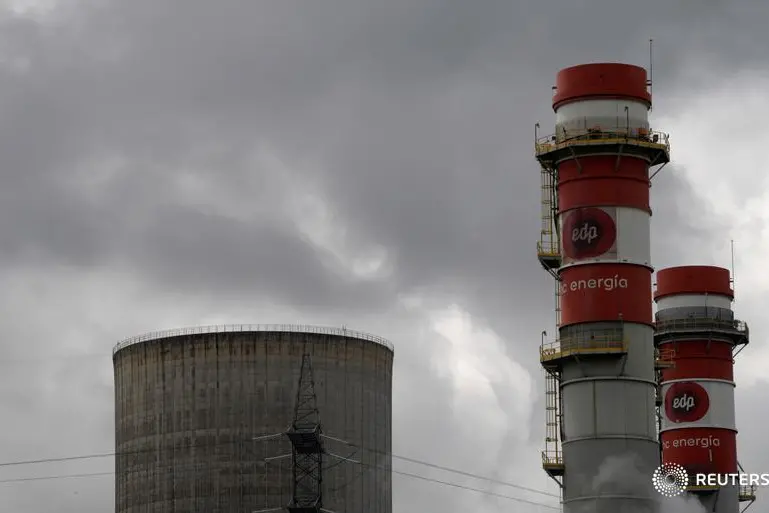PHOTO
MADRID- Spain will soften a profit claw-back on utilities aimed at taming rising electricity bills, Energy Minister Teresa Ribera said on Tuesday, following criticism from energy companies.
Strong demand for power as economies emerge from the pandemic, plus infrastructure outages and low stocks have driven gas and power prices to record highs.
Spain last month unveiled a package of measures to counter the price surge, including the profit claw-back and a cap on gas prices.
Ribera announced several exemptions to the claw-back, including fixed-price electricity supply contracts signed with industrial customers before Sept. 16.
Iberdrola, Spain's biggest utility, had offered to freeze prices to industrial customers in exchange for a withdrawal of the claw-back.
Various other kinds of contracts will be partially exempted, though Ribera declined to estimate how much cash would eventually be taken from utilities.
"We want to be cautious in estimating the impact of the measures," Ribera, speaking at a news conference following a weekly cabinet meeting, said. She stressed that prices were still highly volatile.
Last month, the government said it expected to divert as much as 2.6 billion euros ($3.03 billion) from Spanish utilities for reinvestment in the grid.
That announcement triggered protests from the country's main utilities, which said the measure undermined investor confidence in the electricity markets and carbon emissions trading system, and jeopardised plans to reduce greenhouse gas emissions.
Spain has also made a proposal to the European Union to overhaul its wholesale electricity pricing mechanism so that individual member states can have more flexibility over setting power prices, taking into account factors like the level of cheaper, renewable generation capacity on their grids.
High power prices put pressure on heavy industries such as steel mills and cement makers, some of which already announced production cuts or shutdowns in Spain.
To shield consumers, also hurt by rising electricity prices, the government will pay a 90 euro ($104.74) one-off subsidy to poor households to help them pay rising electricity bills during the winter, Ribera said. ($1 = 0.8593 euros)
(Reporting by Inti Landauro and Emma Pinedo; Editing by Nathan Allen and Jane Merriman) ((Inti.Landauro@thomsonreuters.com;))





















